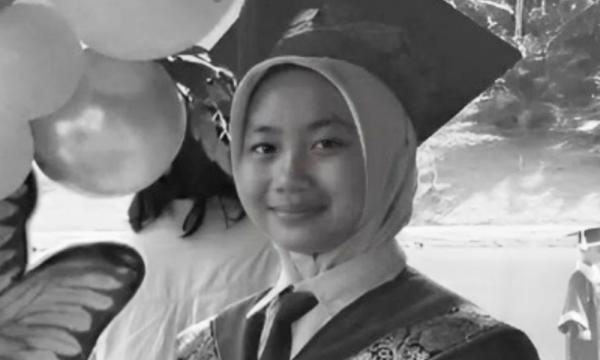Local News


Adik Zara Qairina Case
Author: HollyPen
The Zara Qairina Case: A Call for Justice and Transparency in Malaysia
The tragic death of 10-year-old Zara Qairina has gripped Malaysia, sparking public outrage, political debate, and renewed calls for accountability in cases involving minors. What began as a quiet burial in Sipitang, Sabah, has evolved into a high-profile investigation, revealing procedural gaps and raising serious questions about the handling of child deaths in the country.
The Case Unfolds
Initial reports of Zara’s death were followed by her burial without a post-mortem examination—a decision that has since drawn heavy criticism from both the public and opposition figures. Many questioned how a case involving a young child could be closed without a full forensic investigation. The growing pressure prompted the Attorney General’s Chambers (AGC) to re-examine the preliminary investigation papers submitted by the Royal Malaysia Police (PDRM). On August 6, 2025, the AGC returned the documents, instructing police to conduct further investigation and leaving open the possibility of an inquest or post-mortem.
The Exhumation and Autopsy
On August 9, police exhumed Zara’s remains for a thorough post-mortem examination at Queen Elizabeth I Hospital in Kota Kinabalu. The procedure lasted eight hours, underscoring the seriousness and complexity of the case. Following the examination, her body was reburied in the early hours of August 11. This step was seen as both a necessary act for the sake of justice and a deeply emotional moment for the family and community.
Political and Public Response
The case has prompted strong responses from both the government and the opposition. The Education Ministry—through its deputy minister—has assured Parliament that no individual will be shielded from the investigation, pledging full cooperation with law enforcement. Meanwhile, opposition leaders have demanded an inquiry into why a post-mortem was not carried out before the initial burial, suggesting that this lapse could have compromised vital evidence.
Public sentiment has been equally forceful, with social media amplifying calls for justice and transparency. Many Malaysians view the case as a test of the country’s legal and investigative systems, especially in handling sensitive cases involving children.
Broader Implications
Beyond the specific circumstances of Zara Qairina’s death, the case highlights systemic issues within Malaysia’s investigative processes. The initial decision to proceed with burial without forensic examination has exposed gaps in protocol that could allow crucial evidence to be lost. It also underscores the importance of public accountability in maintaining trust between citizens and state institutions.
Conclusion
The Zara Qairina case is more than a personal tragedy—it is a national moment of reckoning. The unfolding investigation, the exhumation and autopsy, and the political scrutiny all point to a broader demand for procedural reform in cases involving minors. As the public awaits the post-mortem results and the AGC’s next steps, one truth remains clear: justice must not only be done but must be seen to be done, especially when the victim is a child whose voice can no longer be heard.

Discover our full library of The Theos e-magazines and articles — all completely free to read.
We are a crowdfunded publication, dedicated to sharing knowledge, reflection, and theology with readers around the world.
Your support and donations help us continue offering open, accessible content for everyone, everywhere.
Join us in keeping wisdom free.
@ the theos since 2023 © 2023. All rights reserved.